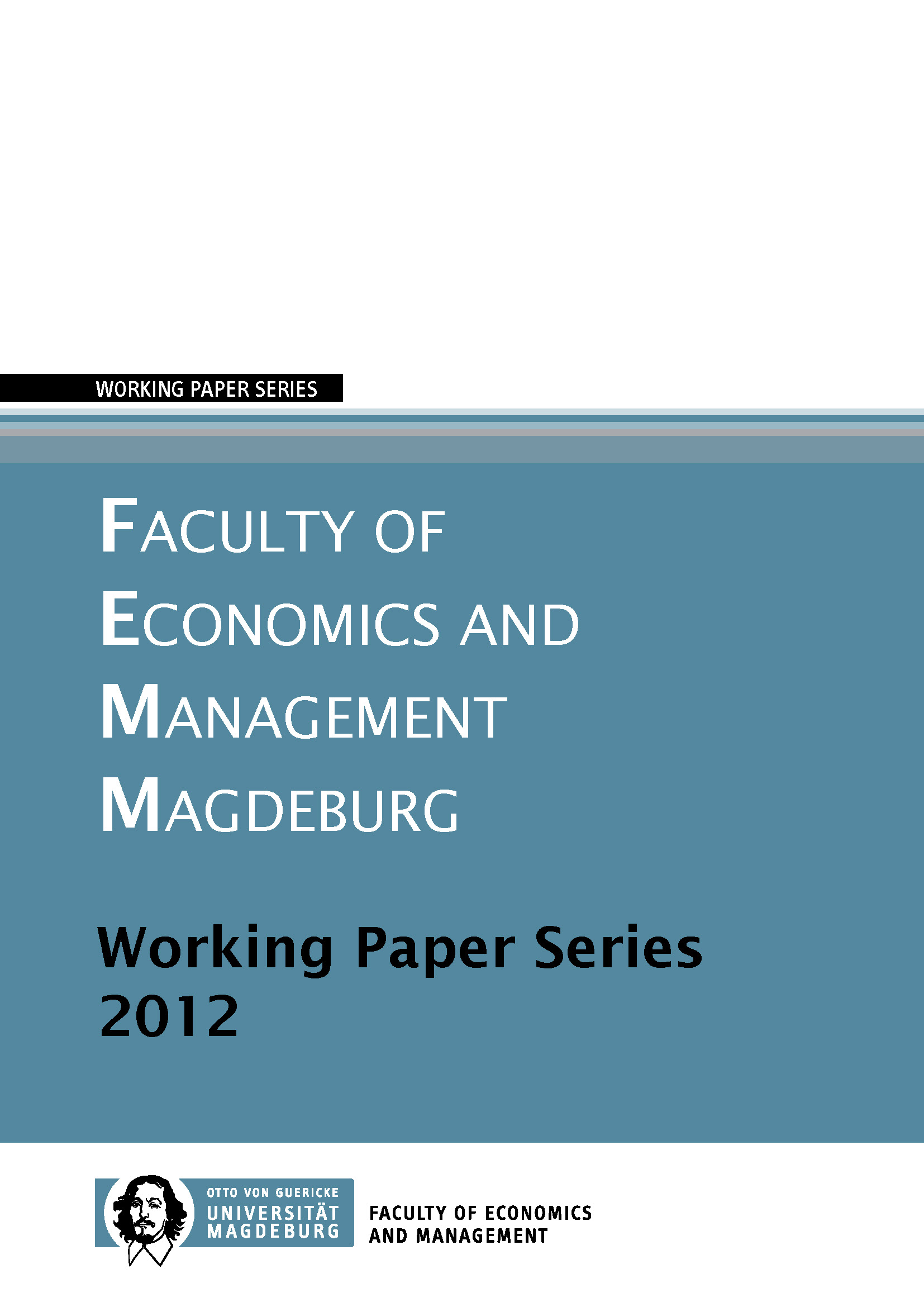Herding in a Laboratory Asset Market with a Rich Action Set
DOI:
https://doi.org/10.24352/UB.OVGU-2018-494Keywords:
information cascade, information aggregation, herding, probability matching, Bayes' ruleAbstract
This paper experimentally examines the efficiency of information aggregation in a simple asset market. Traders decide how to allocate an endowment of 1000 eurocent between two assets. Only one asset will be successful and that will pay back the amount invested in it. The experiment carried out here is original in that it considered a very rich action set. We find that when the action set is sufficiently rich, traders' actions, most of the time, perfectly reveal their private information. Further, the participants in the experiment performed probability matching and took such actions, which were broadly consistent with Bayesian learning.


